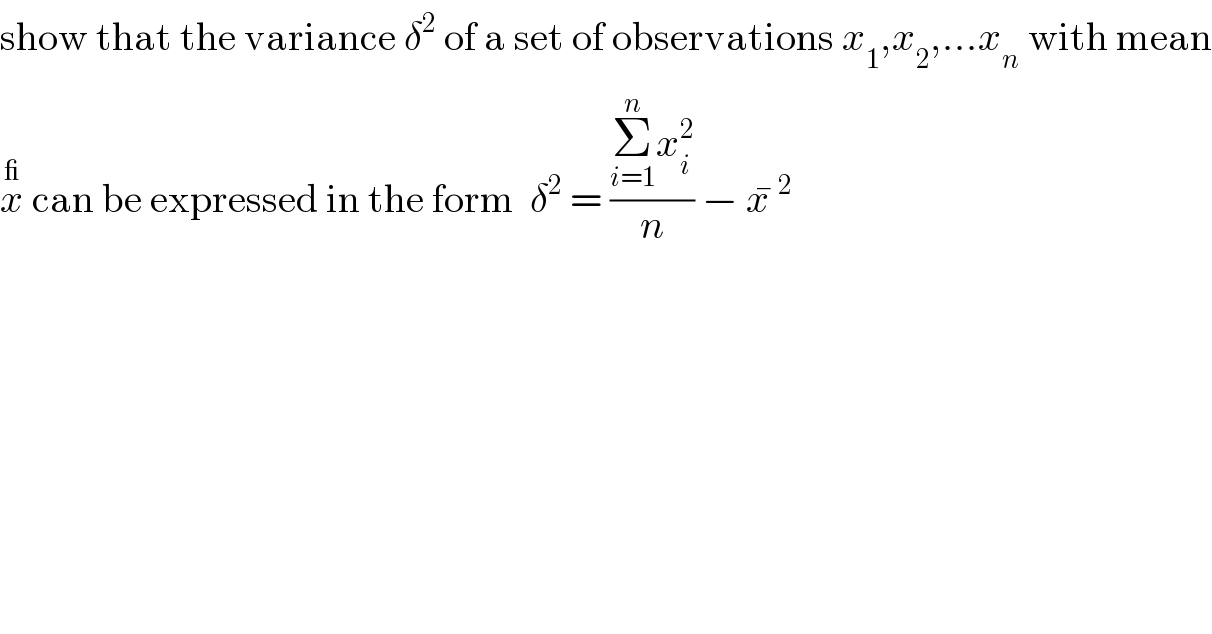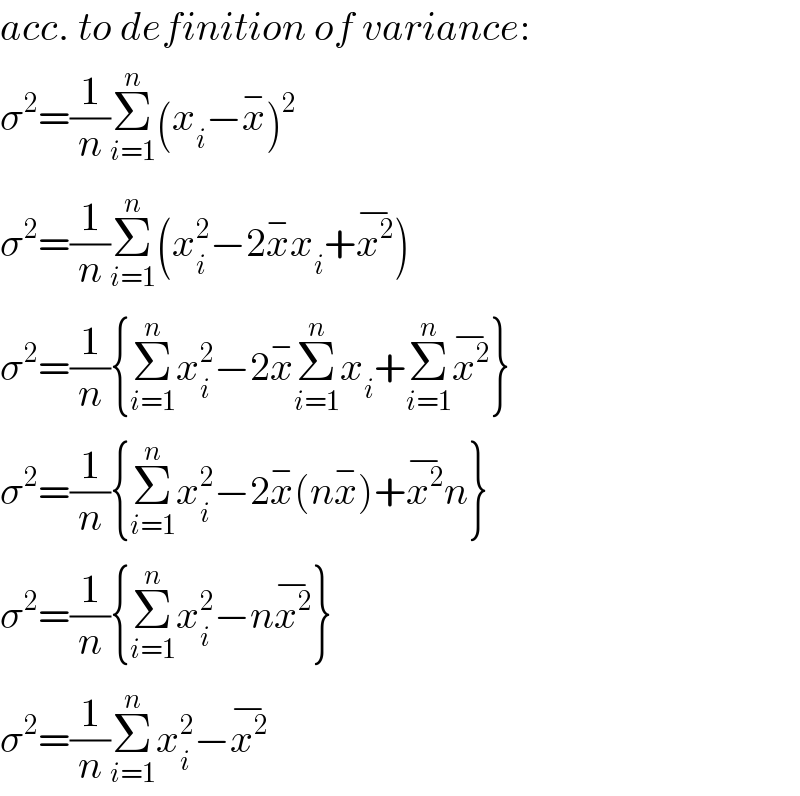
Question and Answers Forum
Question Number 88592 by Rio Michael last updated on 11/Apr/20

Answered by mr W last updated on 11/Apr/20

Commented by Rio Michael last updated on 11/Apr/20

| ||
Question and Answers Forum | ||
Question Number 88592 by Rio Michael last updated on 11/Apr/20 | ||
 | ||
Answered by mr W last updated on 11/Apr/20 | ||
 | ||
| ||
Commented by Rio Michael last updated on 11/Apr/20 | ||
 | ||